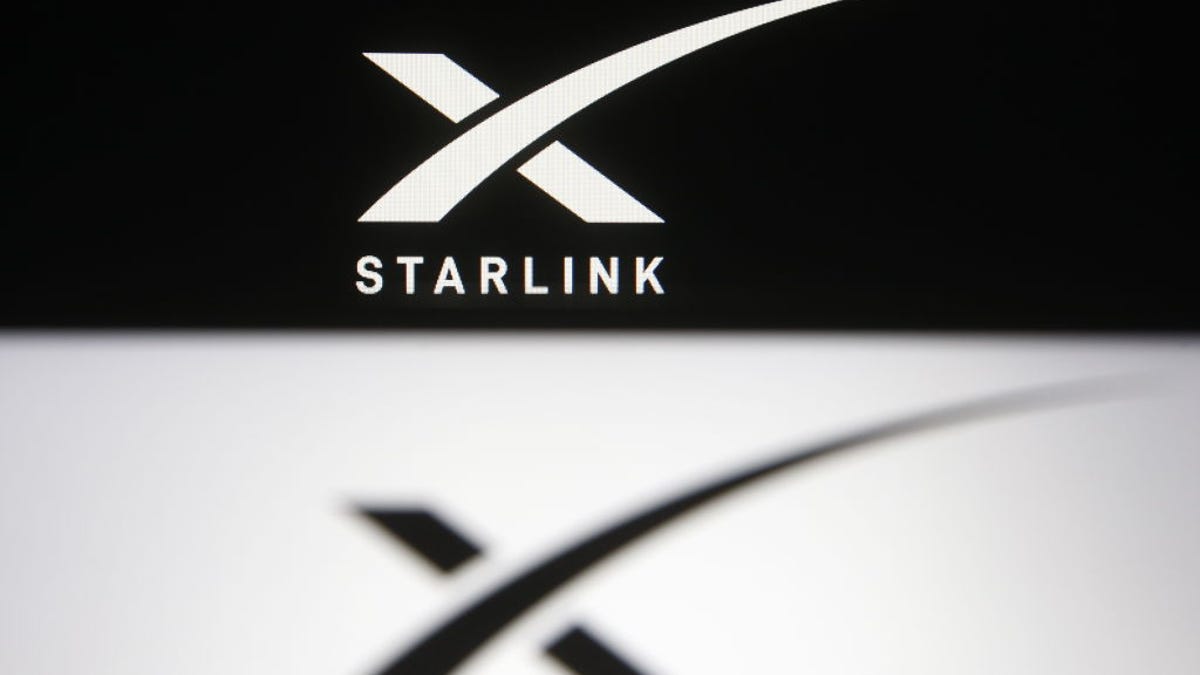 Why You Can Trust CNET
Why You Can Trust CNET Data Caps Are Coming to Elon Musk's Starlink Satellite Internet

What's happening
Starlink sent an email to its customers in the US and Canada on Friday about a policy change coming in December that will enforce a monthly data cap.
Why it matters
One of the biggest differentiators between Starlink and its competitors was its promise of unlimited data. Now that's changing, though most customers may not feel an immediate impact.
Starlink customers received an email Friday that might have felt a little like getting a lump of coal on Christmas morning. The missive informed them that there will be a monthly data cap of 1 terabyte for all customers in the US and Canada, effective in December.
This is a significant shift from the company's previous stance of providing unlimited data with no strings attached. That policy was a stark contrast with satellite internet competitors HughesNet and Viasat, which claim "no hard data limits" but reduce customer speeds once a data allowance is hit. Now, Starlink will follow suit.
According to the email, customers who exceed 1TB of data before their billing cycle is over will find their service deprioritized, which means that they will experience much slower speeds. The change was predicated to "ensure our customer base is not negatively impacted by a small number of users consuming unusually high amounts of data," Starlink's email says.
Locating local internet providers
The average US household uses approximately 491 gigabytes per month, or less than half of 1 terabyte, according to OpenVault's Broadband Insights Report from the second quarter of 2022. While 1TB isn't a particularly tight cap, it might still pose a challenge for some customers. Starlink notes that less than 10% of its current users go above that mark.
Customers who want to avoid network deprioritization, even after the 1TB cap, can pay 25 cents per gigabyte to avoid slowdowns. Another way to dodge the new limit is to use data between the hours of 11 p.m. and 7 a.m. That data will not count toward the total monthly usage.
Locating local internet providers
Finally, along with the email notification and subsequent updates to Starlink's fair use policy and terms of service, the company also modified the expected download speeds of its standard plan. The range was previously 50-250 megabits per second, but is now tabbed as 20-100Mbps. Is this the expected performance for the foreseeable future, or will the numbers go back up once the data usage policy takes hold?
CNET reached out to Starlink and is awaiting a comment on these updated policies.

